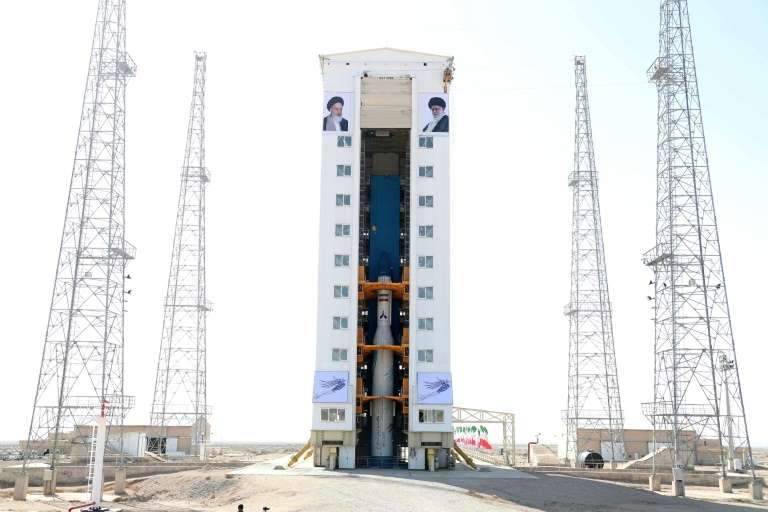US accuses Iran of building missiles through satellite bid

US Secretary of State Mike Pompeo on Tuesday accused Iran of honing its ballistic missile skills through a satellite launch and vowed to exert more pressure.
Iran, which is enemy number one for President Donald Trump's administration, said Sunday that it had successfully launched a satellite but that it failed to reach orbit.
Pompeo said the technology involved in a space launch was "virtually identical" to the knowhow for a long-range ballistic missile.
"Each launch, whether failed or not, further allows Iran to gain experience using such technologies that could benefit its missile programs under the guise of a peaceful space program," Pompeo said in a statement.
"The United States will continue to build support around the world to confront the Iranian regime's reckless ballistic missile activity, and we will continue to impose enormous pressure on the regime to change its behavior," he said.
Trump in 2018 slapped sweeping sanctions on Iran in a bid to decrease its military clout as it withdrew the United States from a nuclear accord negotiated by his predecessor Barack Obama.
Tensions soared last month after Trump ordered a drone strike that killed a top Iranian general, Qassem Soleimani, as he visited Iraq, where Iranian-allied Shiite militias had fired rockets on bases housing US troops.
Photo: © - A handout picture released by Iran's defense ministry shows the Zafar rocket, which is Persian for "Victory," ahead of launch at the Imam Khomeini Spaceport in Semnan province




